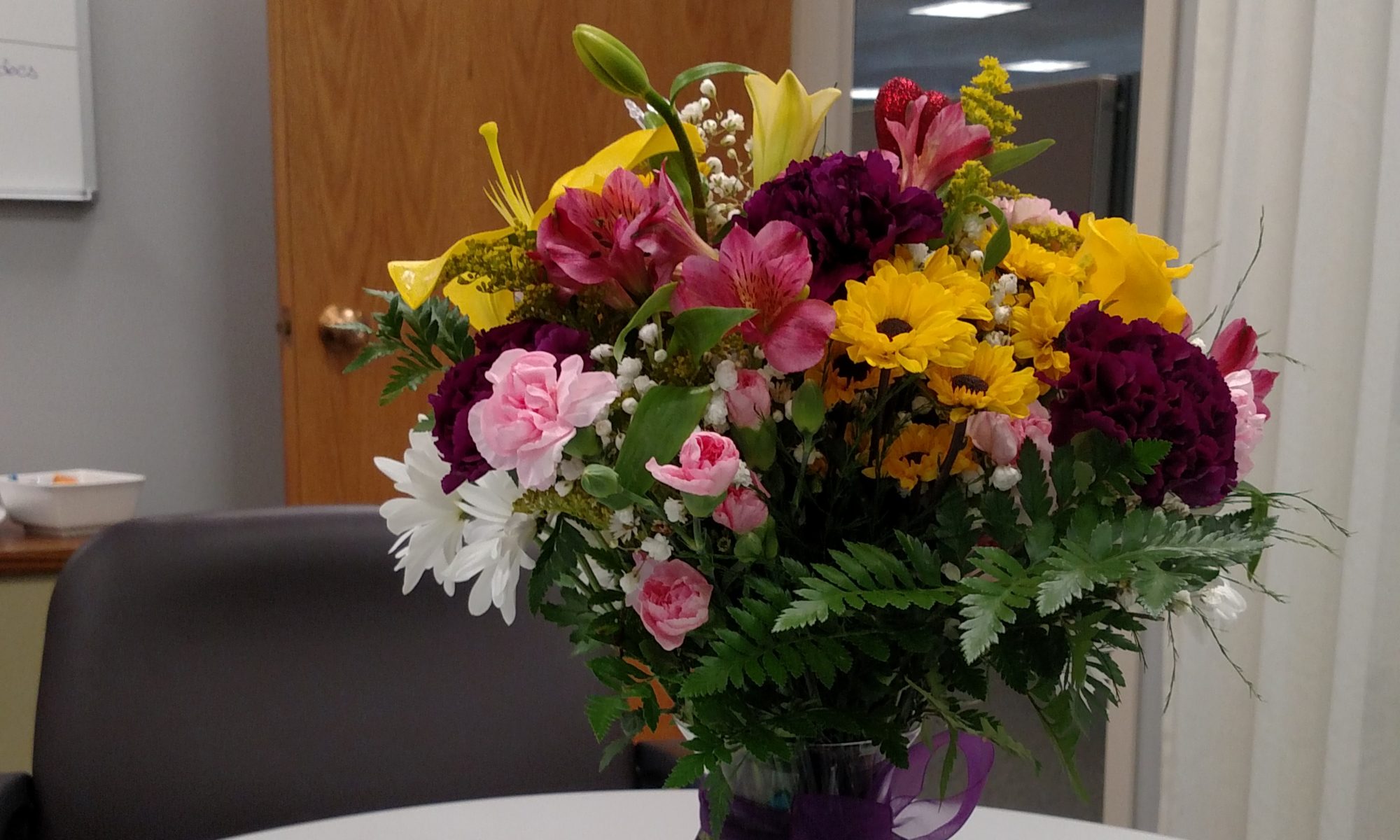
3 ways to get this content – Vlog, Audio or Blog.
A meeting made me cry.
In a good way.
Ok, so crying at work is never really a positive. It messes with your makeup and then you have to buy more Kleenex. Tearful co-workers can freak people out, but a little sniffle of gratitude never hurt anyone.
Here’s the setup. It’s a big project, unplanned, unbudgeted, needs to be done in three months and four departments must agree to make it happen. I called a meeting. I invited everyone I could think of. I sent the invite in the afternoon for the following morning at 8:30 am. I wasn’t sure anyone would come.
Everyone came. A dozen people changed their plans and got on zoom.
Right now, at this moment, I still feel grateful.
Why? Because we all know, I was not in control of that result. That result was created by a team of people dedicated to getting things done.
I could influence the result by selecting the right people, picking a time that most people had open, and wording the invitation correctly. I could contribute to the result by acting quickly to get the meeting on the calendar, by showing up myself, and by doing my best to distribute a meaningful agenda. What I couldn’t do was control how other people responded. That was on them.
So the fact that the meeting happened and the project kicked off and got underway rapidly was a broad result made of up of lots of personal contributions.
Realizing that all those people measured themselves against a yardstick of being responsive, engaged, collaborative, and open-minded got me thinking. I thought – I’m proud to be one of them. I work with great people. I’m so impressed. I’m so lucky. Those thoughts give rise to a powerful feeling of gratitude. And yeah, I get a bit choked up.
That story is an example of the difference between results we control and results we don’t control.
Self-coaching is all about evaluating your own thoughts, feelings, actions and results so that you can have a better experience at work and in your life.
As part of that process, you look at your results and tie them back to your actions.
You tie actions back to feelings and, ultimately, to thoughts.
It’s important that you start that process by analyzing the right set of results. Personal results. Our actions create personal results. Our personal results can influence and contribute to broader results, but those broader results can’t be tied back to our own stack of thoughts, feelings, and actions. Only our personal results do that.
Why? Because other people influence and contribute to broader results and guess what? We don’t control other people.
Let me lay it out for you visually:
Situation: Three month deadline on brand new project.
Thought: I need to quickly know which teams are impacted and those teams need to understand the project.
Feeling: Urgency
Actions driven by the feeling of urgency: review my understanding of impact, schedule meeting for the following morning, invite representatives from many areas to ensure no one is missed, provide a concise, clear agenda. Acknowledge the inconvenient timing and express appreciation to the invitees. Send invitations.
Result: Everyone shows up.
For the purposes of coaching yourself, that result line is incorrect. It’s what happened but it’s not the result for me that the actions created for me.
To better find my personal result, I’ll take another look at the thought.
I need to quickly know which teams are impacted and those teams need to understand the project.
The result I created for myself after doing all those actions was: I acted gave myself the best chance to find out who was impacted. I provided meaningful information to other teams as soon as I learned it, something that matters to me.
Everyone showing up was the result of a dozen personal results, driven by a dozen different thoughts, which caused a dozen people to show up on zoom. It had very little to do with me beyond the invitation. That result, of the meeting taking place and the project kicking off less than a day after I learned of it, belongs to the collective.
Why does focusing on personal results matter?
If it seems selfish or self-centered to spend your time focusing on your results rather than the broader result, remember this. We still have to work hard to influence and contribute to the broader results. Tying our personal growth and job satisfaction to actions and results outside our control is losing game. You’re not going to be any better tomorrow at controlling other people.
The most control you’ll ever have is over your own thoughts, feelings and actions.
Results that are in your control, tie back to your own standards and are meaningful to you personally are the big engine of job satisfaction and engagement. Feeling like your work matters is huge. Feeling like your work matters to you, and knowing that you’re in alignment with your own standards the root of engagement.
So when you’re reviewing results, don’t forget to look at both sets. The broader results and your personal results.
And that? Is just a good thing to do.
Want to learn how to set your own bar, deliver your best results, and stop being overwhelmed by the chaos?
I’ve got a program for that: Reboot Your Day Job.
In six short weeks, you can get back control, make the big decisions you’ve been putting off and be more organized and productive than you ever thought possible.
Six weeks. $600. Everything changes.
Book a free 25-minute session to find out how my program can change your life.

